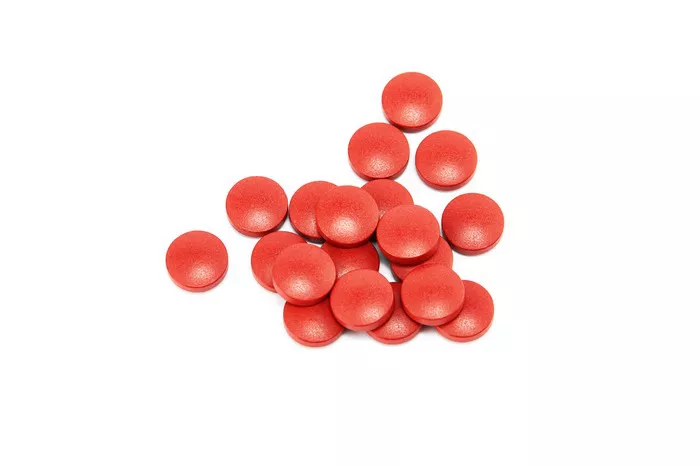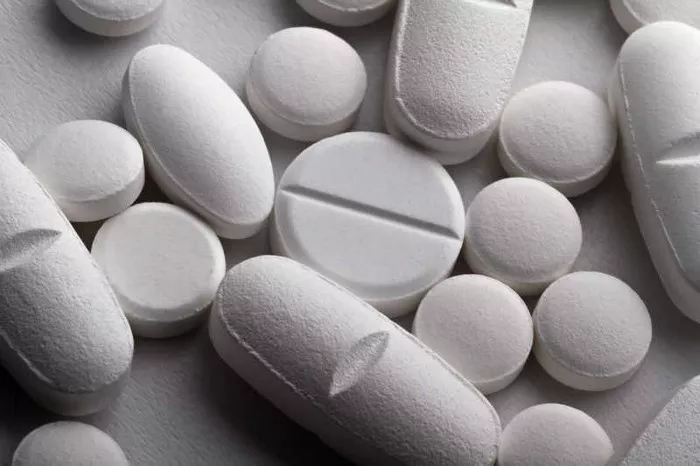Bipolar disorder is a complex mental health condition characterized by extreme shifts in mood, energy, and activity levels. While it affects millions of individuals worldwide, there are different types of bipolar disorder, each with its own distinct features and symptoms. In this comprehensive guide, we’ll delve into the main differences between bipolar 1 and bipolar 2 disorder, covering key aspects such as definitions, manic and hypomanic episodes, presence of psychotic symptoms, impact on daily functioning, and treatment options.
Definition of Bipolar Disorder and Its Types
Bipolar disorder is a chronic mental illness marked by alternating episodes of depression and mania or hypomania. It encompasses several subtypes, with bipolar 1 and bipolar 2 being the most common:
Bipolar 1 Disorder: Characterized by at least one manic episode, which may be preceded or followed by episodes of depression or hypomania. Manic episodes are severe and disruptive, often requiring hospitalization or intensive treatment.
Bipolar 2 Disorder: Defined by recurring episodes of depression and hypomania, but without full-blown manic episodes. Hypomanic episodes are less severe than manic episodes but can still impair functioning and quality of life.
Clear Comparison of Manic and Hypomanic Episodes
The primary distinction between bipolar 1 and bipolar 2 disorder lies in the nature and severity of manic and hypomanic episodes:
Manic Episodes (Bipolar 1): Manic episodes are characterized by an abnormally elevated or irritable mood, increased energy or activity levels, and impaired judgment or impulsivity. Symptoms may include grandiosity, racing thoughts, decreased need for sleep, excessive risk-taking behavior, and agitation. Manic episodes in bipolar 1 disorder are severe and may require hospitalization to ensure safety and stabilize mood.
Hypomanic Episodes (Bipolar 2): Hypomanic episodes are similar to manic episodes but less severe in intensity and duration. Individuals with bipolar 2 experience periods of elevated mood, increased energy, and heightened creativity or productivity. However, hypomanic episodes do not typically lead to significant impairment in social or occupational functioning, nor do they necessitate hospitalization.
Presence or Absence of Psychotic Symptoms
Another key difference between bipolar 1 and bipolar 2 disorder is the presence or absence of psychotic symptoms:
Psychotic Features (Bipolar 1): Manic episodes in bipolar 1 disorder may involve psychotic features such as hallucinations (perceiving things that aren’t real) or delusions (believing in false or irrational beliefs). Psychotic symptoms can significantly impact perception, cognition, and behavior, leading to impaired reality testing and increased risk of harm.
Absence of Psychosis (Bipolar 2): Hypomanic episodes in bipolar 2 disorder do not typically involve psychotic symptoms. While individuals may experience changes in perception or judgment during hypomania, these alterations are less severe and do not reach the level of full-blown psychosis seen in bipolar 1 disorder.
Impact on Daily Functioning
Both bipolar 1 and bipolar 2 disorder can have a profound impact on daily functioning and quality of life:
Bipolar 1 Disorder: The presence of severe manic episodes in bipolar 1 disorder can lead to significant impairment in social, occupational, and interpersonal functioning. Individuals may experience disruptions in relationships, work performance, and financial stability during manic episodes, requiring intensive treatment and support to regain stability.
Bipolar 2 Disorder: While hypomanic episodes in bipolar 2 disorder are less severe than manic episodes, they can still disrupt daily functioning and interpersonal relationships. Individuals may experience fluctuations in mood, energy, and productivity, leading to challenges in maintaining consistency and stability in various areas of life.
Treatment Options and Importance of Seeking Help
Effective treatment for bipolar disorder typically involves a combination of medication, psychotherapy, and lifestyle interventions. Regardless of the specific subtype, seeking professional help is crucial for managing symptoms, preventing relapse, and improving overall quality of life:
Medication: Mood stabilizers, antipsychotic medications, and antidepressants are commonly prescribed to manage symptoms of bipolar disorder. Medication can help stabilize mood, reduce the frequency and severity of mood episodes, and prevent relapse when taken as prescribed.
Psychotherapy: Cognitive-behavioral therapy (CBT), psychoeducation, and interpersonal therapy are effective forms of psychotherapy for bipolar disorder. Therapy can help individuals develop coping skills, identify triggers for mood episodes, and improve communication and problem-solving skills.
Lifestyle Interventions: Regular exercise, healthy eating, stress management techniques, and adequate sleep are essential components of self-care for bipolar disorder. Establishing a consistent routine, practicing relaxation techniques, and avoiding substance use can help stabilize mood and reduce the risk of relapse.
Conclusion
In summary, bipolar disorder encompasses a spectrum of mood disorders characterized by alternating episodes of depression and mania or hypomania. While bipolar 1 disorder is defined by the presence of at least one manic episode, bipolar 2 disorder involves recurring episodes of depression and hypomania without full-blown mania. Understanding the key differences between these subtypes, including the severity of mood episodes, presence of psychotic symptoms, and impact on daily functioning, is essential for accurate diagnosis and effective treatment. By seeking professional help, adhering to treatment recommendations, and implementing healthy lifestyle habits, individuals with bipolar disorder can manage symptoms, improve quality of life, and achieve long-term stability.
[inline_related_posts title=”You Might Be Interested In” title_align=”left” style=”list” number=”6″ align=”none” ids=”6874,6877,6823″ by=”categories” orderby=”rand” order=”DESC” hide_thumb=”no” thumb_right=”no” views=”no” date=”yes” grid_columns=”2″ post_type=”” tax=””]































